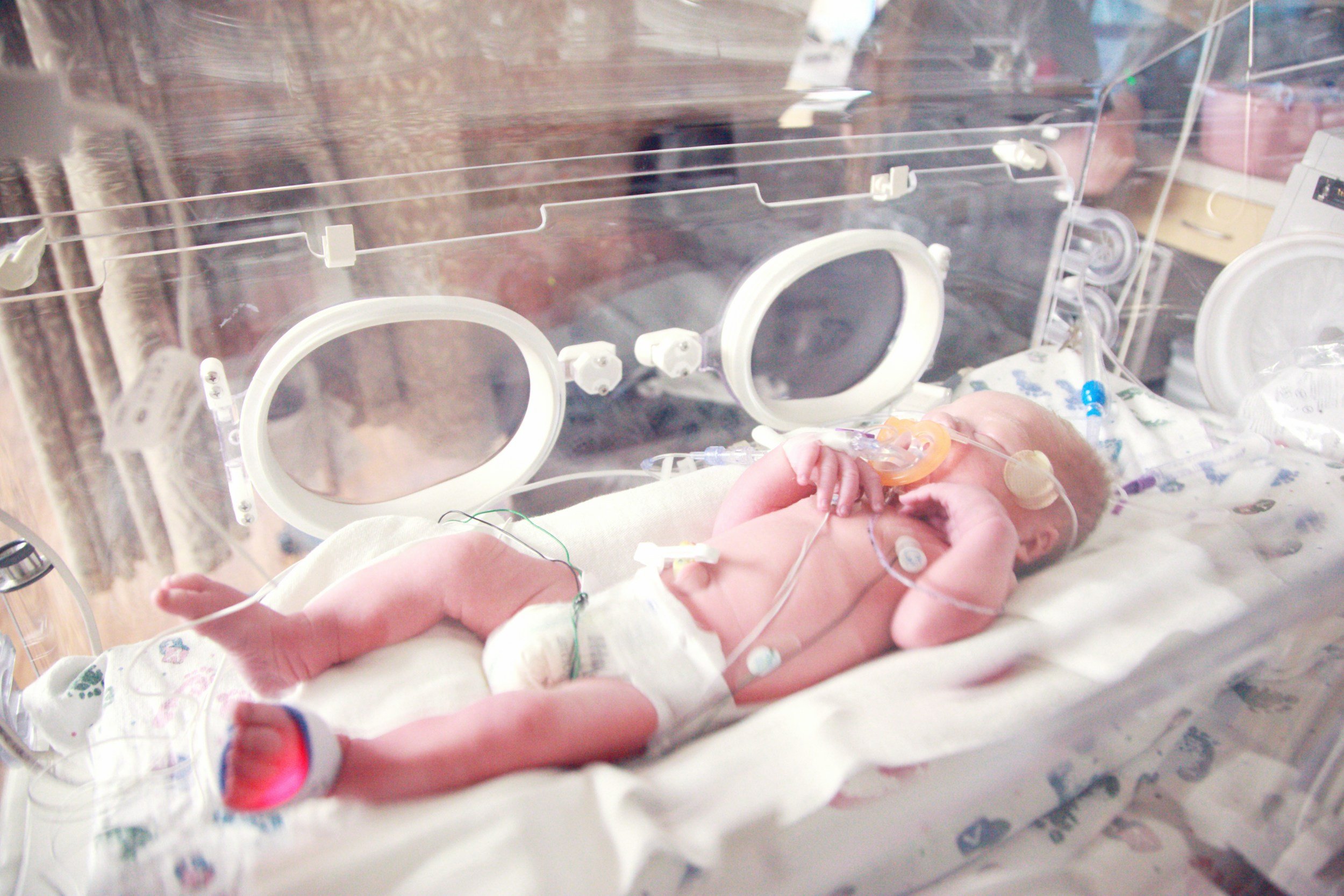Guests on ASHA Voices Podcast
Sara and Tiffany were guests on the ASHA Voices podcast. Take a listen! Let us know what resonates with you.
Overcoming Barriers on Families’ Journey From NICU to Home
On World Prematurity Day, Let’s Remember the Parents
World Prematurity Day
The birthing parent lies alone on her bed, surrounded by the aftermath of a chaotic delivery. The room is quiet now. She got a brief glimpse of her preterm infant, face covered by a breathing tube, before he was whisked away surrounded by a team of medical providers. Her partner paces at her side asking if he should stay with her or go with the baby. She tells him to go check on their child. He makes his way to the Neonatal Intensive Care Unit (NICU) where their small infant, born too soon, will spend the next 10 weeks learning how to breathe, develop, and grow in an unnatural environment. Rather than the post-birth “golden hour” they learned about in childbirth class, he is confronted with the sights and sounds of the NICU machines. Becoming a parent in the NICU looks very different than expected.
Once the family is finally discharged home, the journey has only just begun. They are given a pile of brochures and a list of follow-up appointments. Days and nights run into each other as they try to care for their infant without the machines and nurses they have come to rely on. And the grief remains - about what they saw, what they missed, and what will come. Northwest Center (NWC), a Seattle-based non-profit organization supporting individuals with disabilities from birth through adulthood, is addressing this challenge. NWC’s innovative Hospital-to-Home (H2H) Systems Change program is working to ensure every family has the support they need to thrive after the NICU.
November 17 is World Prematurity Day, a day to acknowledge the experience of families of infants who are born preterm (before 37 weeks gestation). Approximately one in 10 infants require the additional medical support of a NICU stay due to prematurity. What begins as a medical journey quickly becomes an emotional marathon for parents. One of the most common complications of a typical pregnancy and postpartum experience is Perinatal Mood and Anxiety Disorders (PMADs), affecting one in five birthing parents. With NICU admission, maternal mental health diagnosis rates increase by 23% and further rise to 37% when the hospitalization extends beyond two weeks (https://doi.org/10.3390/children9101550). Parents from marginalized communities face even higher rates of NICU admission and encounter greater barriers to mental health care. The transition from NICU to home is an abrupt drop in support, where families are burdened with navigating a complex and often siloed network of community-based services on their own. These resources often do not take into account the emotional well-being of parents or acknowledge the significant mental health toll the NICU experience can have on families.
The H2H Systems Change program offers training, communities of practice and technical assistance to build the capacity of community-based providers to support the emotional well-being of families after NICU discharge utilizing the H2H Care Model. This framework integrates perinatal mental health-attuned care, rapid and timely services, universal screening for resource and mental health needs, and streamlines services to reduce family burden. Each year H2H Systems Change equips hundreds of practitioners, including those working in Early Intervention (a federally funded service for infants and toddlers with developmental delays or disabilities), to support thousands of families transitioning from the NICU to home across Washington state and beyond.
The work of providers, like those in Hospital-to-Home, faces an uncertain future amid threats to funding at the federal level. When funding falters, vulnerable families leaving the NICU risk carrying the burden. On World Prematurity Day, let us care for the people who care for our most fragile babies. Protecting Early Intervention, Medicaid, and expanding programs like Hospital-to-Home Systems Change, is how we ensure no family walks the journey from hospital to home alone. We urge you to advocate for funding a care system that recognizes supporting parents is as critical as caring for babies.


